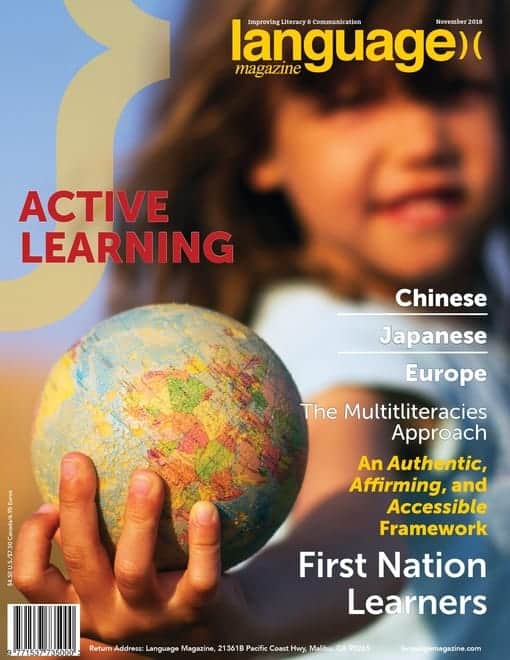
Ukraine’s president Petro Poroshenko has signed into law a controversial bill that makes Ukrainian the required language of instruction in state secondary schools (from fifth grade on). The bill was passed despite criticism, particularly from Ukraine’s ethnic minorities: Russians, Poles, Romanians, and Hungarians, all of which have sizable ethnic communities in Ukraine.
Russia has been particularly vociferous in its criticism, with its Foreign Ministry asserting that the law was designed to “forcefully establish a mono-ethnic language regime in a multinational state.” The Russian State Duma issued a statement denouncing the move as discrimination and a violation of the European Charter for Regional or Minority Languages.
According to the text of the statement published on the parliament’s website, “The so-called education reform in Ukraine is targeting primarily the destruction of the remains of Russian-language education, with the full assimilation of Russian speakers being the main objective. As they maintain the previous line in the language issue, the Ukrainian authorities again provoke the same situation and recreate the same reasons that had become a starting point for the development of the conflict and the civil war in southeastern Ukraine.”
Poroshenko insisted that it “was in harmony with European standards and is an example for neighboring countries,” according to a statement on the presidential website. “The law raises the role of Ukrainian as a state language in the education process,” he said. “The law ensures equal opportunities for all… It guarantees every graduate strong language skills essential for a successful career in Ukraine.”
The bill’s language requirement overturns a 2012 law which allowed for minorities to introduce their languages in regions where they represented more than 10% of the population.
In early September, the Ukrainian parliament passed a bill allowing various peoples and ethnic groups in Ukraine to be taught in their native languages in kindergarten and primary school up to the fifth year. This will remain in place until 2020, when all schools in Ukraine must switch to Ukrainian.
Meanwhile, in Armenia, the Culture Ministry’s decision to promote Russian-language programs in state schools has been met with opposition, leading Armenia’s education minister, Levon Mkrtchyan, to insist that Russian will remain a foreign language in the country. “The only official language in Armenia is and will remain the Armenian language, since we are an independent, sovereign state,” he told the TASS news agency. “This is a basic truth—all other languages are foreign.”
Armenian activists claim that Russia has always been eager to spread Russian throughout post-Soviet countries. Since the collapse of the Soviet Union, the number of Russian speakers has decreased by about 50 million, the chairman of Russia’s State Duma Committee for Education and Science Vyacheslav Nikonov was quoted as saying by the Interfax news agency in August.
To counter the decline, Nikonov called for an expansion of the Eurasian Economic Union (EEU) and an increase in educational programs abroad. Armenia is one of five countries belonging to the EEU.
Originally Published October 2017












